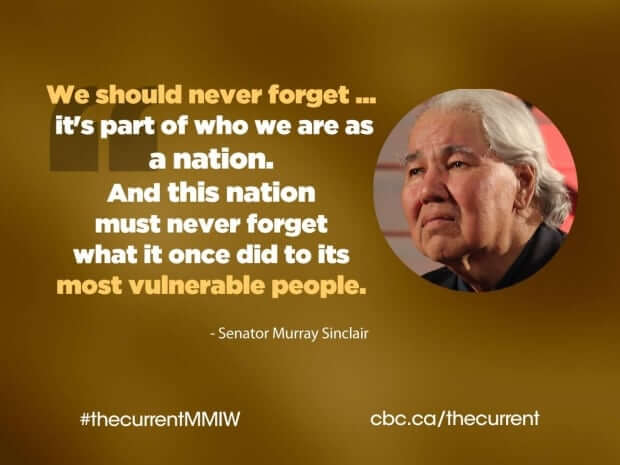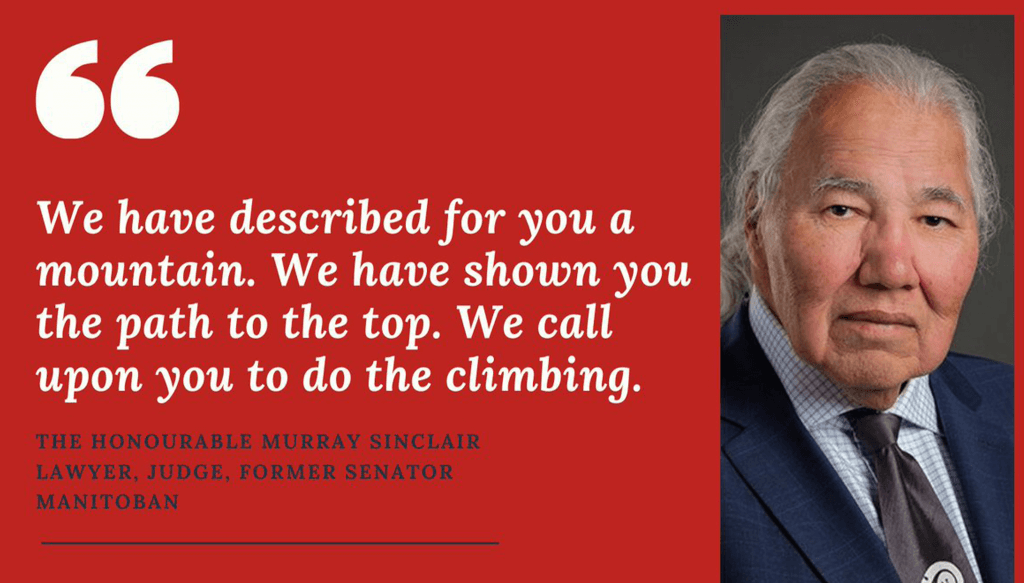National Day for Truth and Reconciliation – Orange Shirt Day
In collaboration with Denise Reynolds, UCTE Human Rights Officer
Last year, the Government of Canada passed legislation to make September 30th a federal holiday, National Day for Truth and Reconciliation. “The day honors the lost children and Survivors of residential schools, their families and communities” and calls for public commemoration of the tragic and painful history and ongoing impacts of residential schools. UCTE and its staff honor this important day and we call upon all members to participate in local initiatives and activities centered around Truth and Reconciliation.
September 30th is also Orange Shirt Day, an Indigenous-led day that honors the children who survived residential schools remembers those who did not. It is a day to learn about and discuss both the legacy, and current realities, of colonial systems and structures, and to continue the work needed to dismantle them.
Orange Shirt Day was created as part of the St. Joseph Mission Residential School Commemoration Project and Reunion events in Williams Lake, BC. There, Phyllis Webstad told her story of her first day of residential school. She had been gifted a new orange shirt by her grandmother, which she was excited to wear. However, it was immediately taken from her when she got to the school and she never saw it again. This was common practice at residential schools, where children’s personal items were removed, they were often forced to cut their hair, and they were prohibited from speaking their traditional language(s) or practicing their cultural traditions. This was part of the systematic attempt to assimilate First Nations, Métis, and Inuit children into settler society and destroy their connections to their families and communities. It was an act of genocide.
There have been over 1900 unmarked graves discovered at residential school sites so far. This serves as a stark reminder of the history of our country and the ways in which we have and continue to enact violent, harmful practices and policies against First Nations, Métis, and Inuit communities. We encourage our members to continue to confront the truth of the harmful legacies of our system and continue the important work of reconciliation.
[fusion_button link=”https://www.canada.ca/en/canadian-heritage/campaigns/national-day-truth-reconciliation.html” text_transform=”” title=”” target=”_self” link_attributes=”” alignment=”” modal=”” hide_on_mobile=”small-visibility,medium-visibility,large-visibility” class=”” id=”” color=”default” button_gradient_top_color=”” button_gradient_bottom_color=”” button_gradient_top_color_hover=”” button_gradient_bottom_color_hover=”” accent_color=”” accent_hover_color=”” type=”” bevel_color=”” border_width=”” border_radius=”” border_color=”” border_hover_color=”” size=”” stretch=”default” icon=”” icon_position=”left” icon_divider=”no” animation_type=”” animation_direction=”left” animation_speed=”0.3″ animation_offset=””]LEARN MORE [/fusion_button]

Since the discovery of 215 unmarked graves at the former Kamloops Indian Residential School, many Canadians have been horrified to learn about the tragedies that occurred on those grounds. The revelations reopened wounds caused by the erasure of the cultures and systematic abuse at these institutions, exacerbated by present-day discrimination and stigma. While most of the current generating of Indigenous peoples have not been forced to attend residential schools, many still experience various racist policies, especially in the child welfare system. While most of these harmful policies are no longer practiced, multiple generations of Indigenous communities continue to struggle with the trauma they caused. When trauma affects future generations who didn’t experience it directly, it is known as intergenerational trauma. The consequences of such trauma can be devastating to subsequent generations.
“These schools have had a long lasting impact. My grandmother was a residential school survivor… She became an alcoholic and lost her children to foster care for some time including my own mother. These schools instilled in my grandmother a very rigid strict militaristic type of bearing. This was because of how she was treated in the school. She in turn raised her children the same way the school raised her with Fear and violent discipline. My mother was raised this way and in turn she raised me the same way. As a young man I joined the Army. I found it to be very easy for me. The yelling did not bother me. Their threats seemed empty and hollow to me. It wasn’t until I was much older and my grandmother and mother had passed away that I realized that the residential school was the root cause of my family dysfunction and addiction. It was the reason the military was easy for me…. They stripped my people of their own ways of raising their children and families and replaced it with trauma, violence, and fear… It continues to haunt Indigenous families to this day. The addiction and violent dysfunction that can be traced back to these schools and the violent assimilation of an entire generation of our children. This is why when someone says to me “well I didn’t do any of this, my ancestors did it-not me, and it’s not happening now so why does it matter?” I think… “But it does matter… It has effected even me-a child born in 1983. This history is not so far away for me. It’s just sad, all of it. I hope one day we can all truly love one another as human beings and prosper…”
-Survivor
The Path Forward:
We invite you to watch the following interview with Senator Murray Sinclair, Former Senator and Chair of the Truth and Reconciliation Commission:
WARNING: This story contains distressing details. Former Senator and Chair of the Truth and Reconciliation Commission, Murray Sinclair, Former member of the Canadian Senate, First Nations Lawyer and Former Chair of the TRC talks to The National’s Adrienne Arsenault about the steps Canada needs to take on the path toward reconciliation
“We have described for you a mountain. We have shown you the way to the top. We call upon you to do the climbing.”
